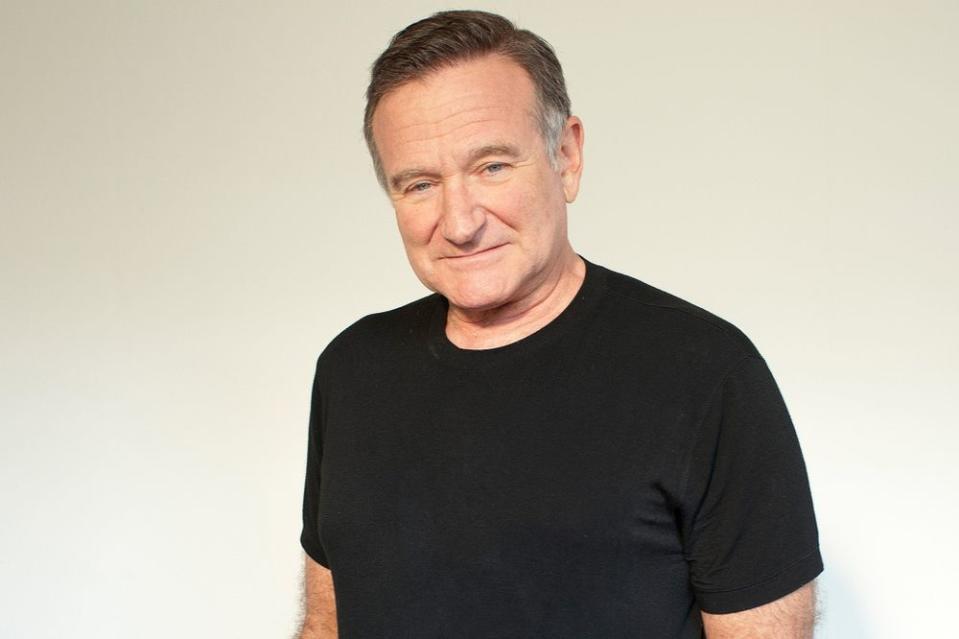Robin Williams’ Son Addresses His Father’s Struggles in New Documentary's Emotional First Trailer
The debut trailer for the new HBO Robin Williams’ documentary teases an intimate look at the beloved comedian during his best and darkest hours.
A first look at the network’s upcoming biopic Robin Williams: Come Inside My Mind, directed by Marina Zenovich, offers never-before-seen footage of the comedian, in addition to intimate conservations with his closest friends and family.
While interviews with contemporaries like Billy Crystal, Eric Idle, Whoopi Goldberg, David Letterman and Steve Martin, along with family members like his son, Zachary, provide commentary on Williams’ career, the documentary is told largely through previously recorded interviews with the actor himself.
At one point in the trailer, Williams, who died by suicide in 2014, is asked if he suffered from a childhood fear of abandonment. “Yeah, it’s a primal fear for any child and it dictates a lot of how you deal with life,” Williams revealed.

Despite growing up wealthy — his mother was a model and his father was a Ford Motor Company executive — Williams spent most of his childhood feeling painfully shy. Often retreating into his own world of pretend and solitude, playing with toy armies in the basement of his family’s mansion, Williams didn’t view his parents as being particularly warm. “The ideal child was seen, not heard,” Williams told PEOPLE in 2009.
“Every person is driven by some deep secret,” Williams said in the trailer. “There was fear sometimes to run away from it all, sometimes to run into it all.”
Even after finding solace onstage as a performer, Williams was never fully able to enjoy the fruits of his labor. “My father didn’t always feel he was succeeding, but he was the most successful person I know,” his son Zachary said in the trailer.
RELATED: Robin Williams – People Icons: Gone too Soon
Williams died by suicide in August 2014 after suffering from Lewy Body Dementia, a type of brain disease that affected his thinking, memory and movement control. It’s the second-most common type of progressive dementia after Alzheimer’s disease.
In an interview with PEOPLE shortly after her husband’s death, Susan Williams opened up about her his struggle with the debilitating brain disease, which had begun taking its toll on the actor in the last year before his death.
Susan explained that although in the months leading up to his death, her husband’s symptoms — which included heightened levels of anxiety, delusions and impaired movement — worsened, doctors weren’t able to make the diagnosis until they performed the actor’s autopsy.
“I know now the doctors, the whole team was doing exactly the right things,” Susan continued. “It’s just that this disease was faster than us and bigger than us. We would have gotten there eventually.”

